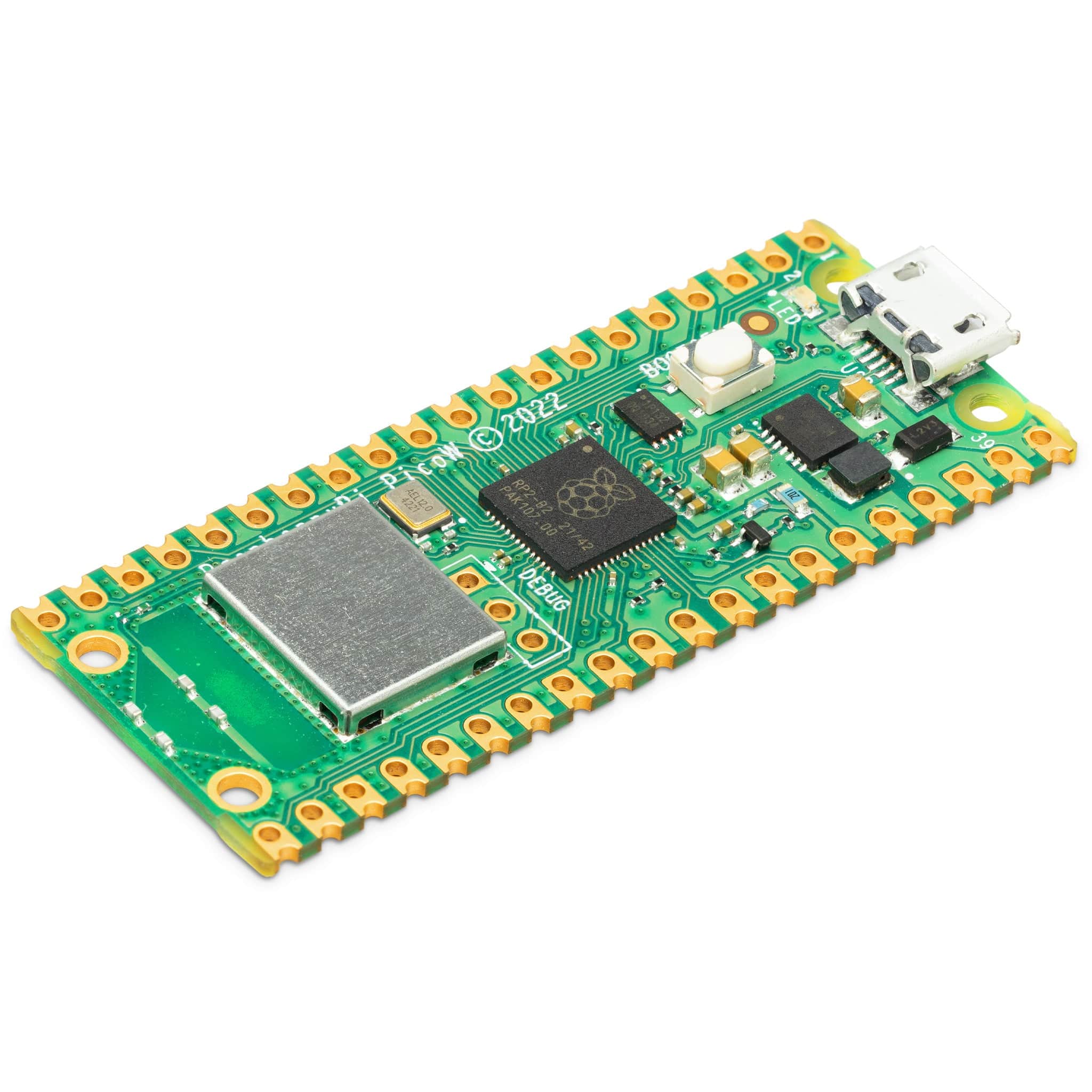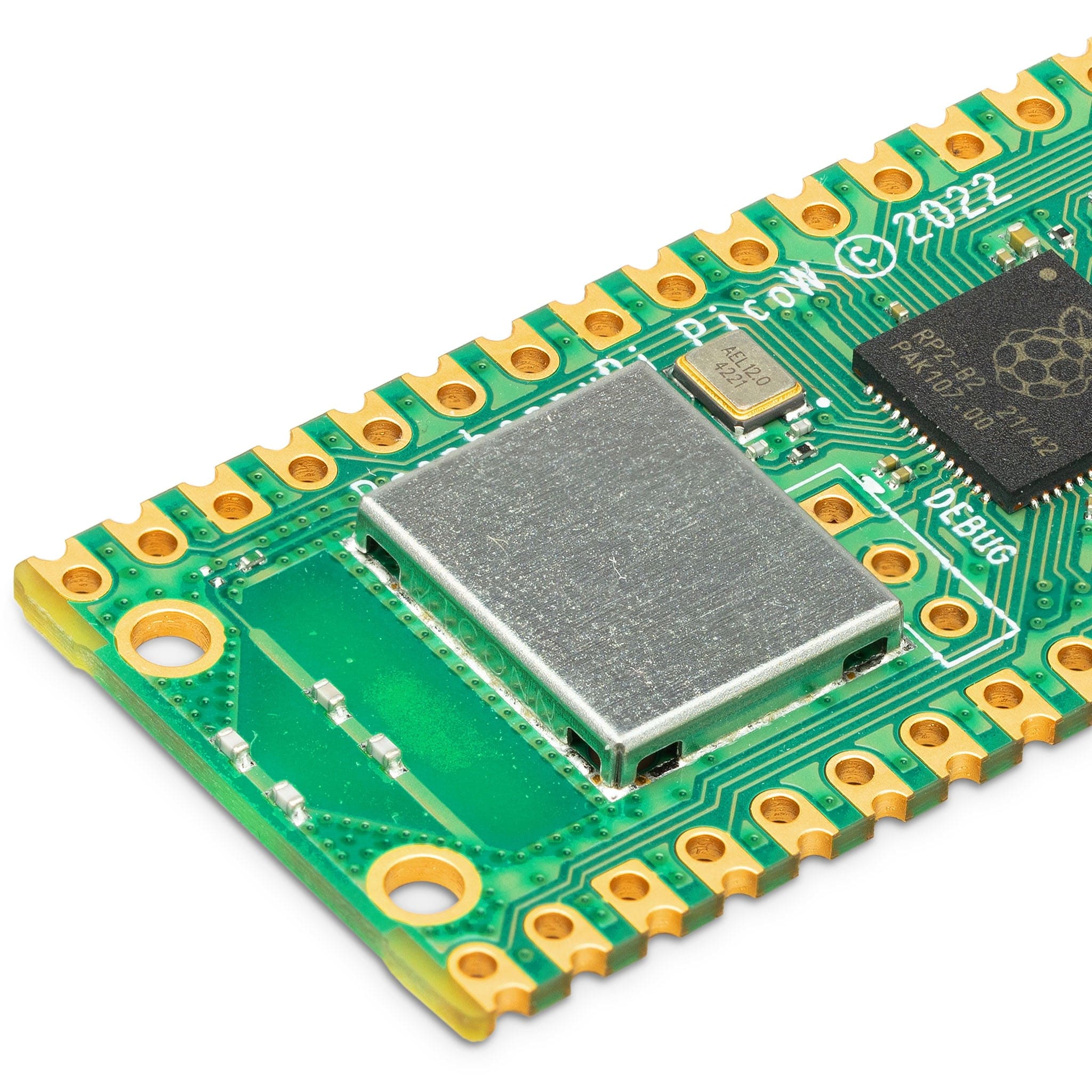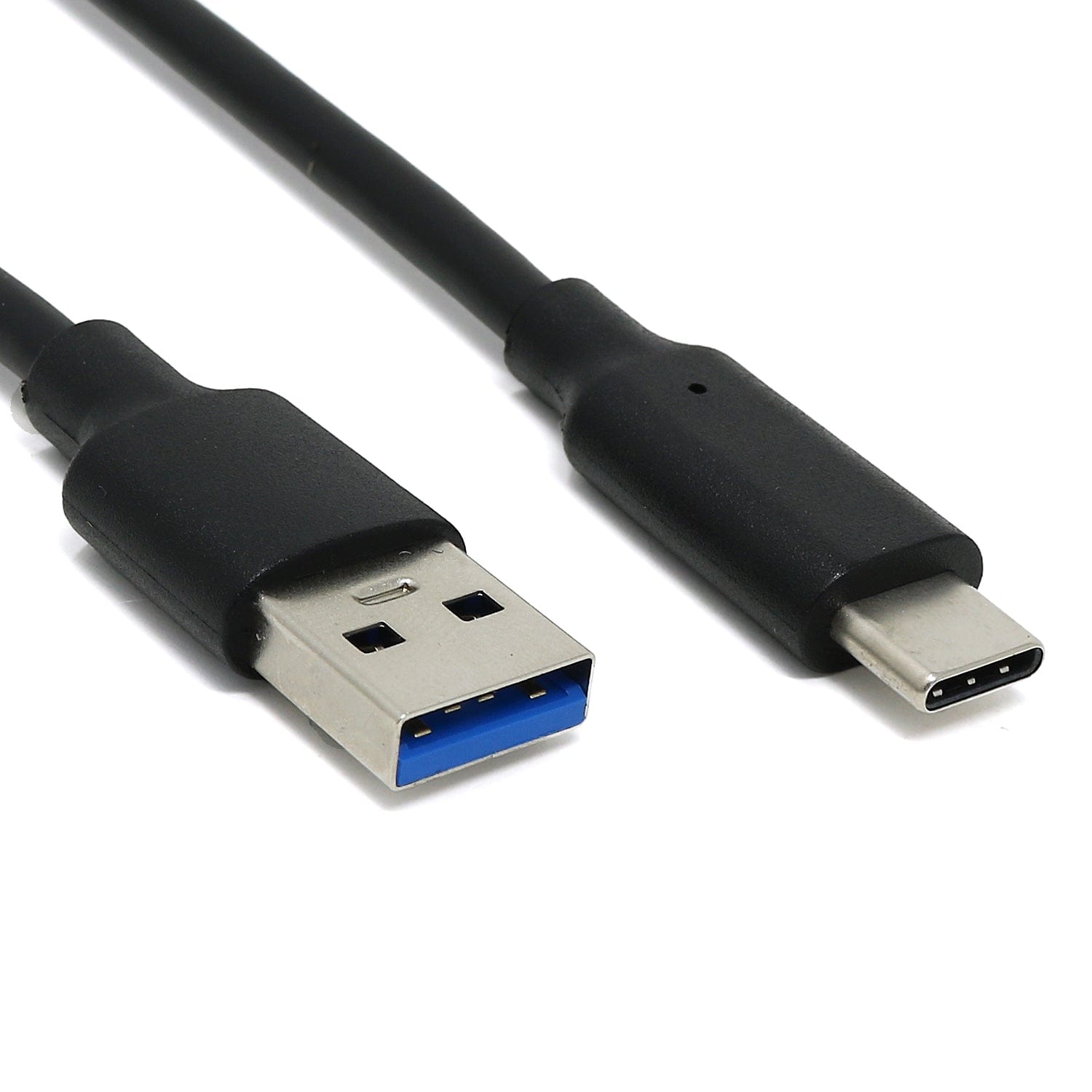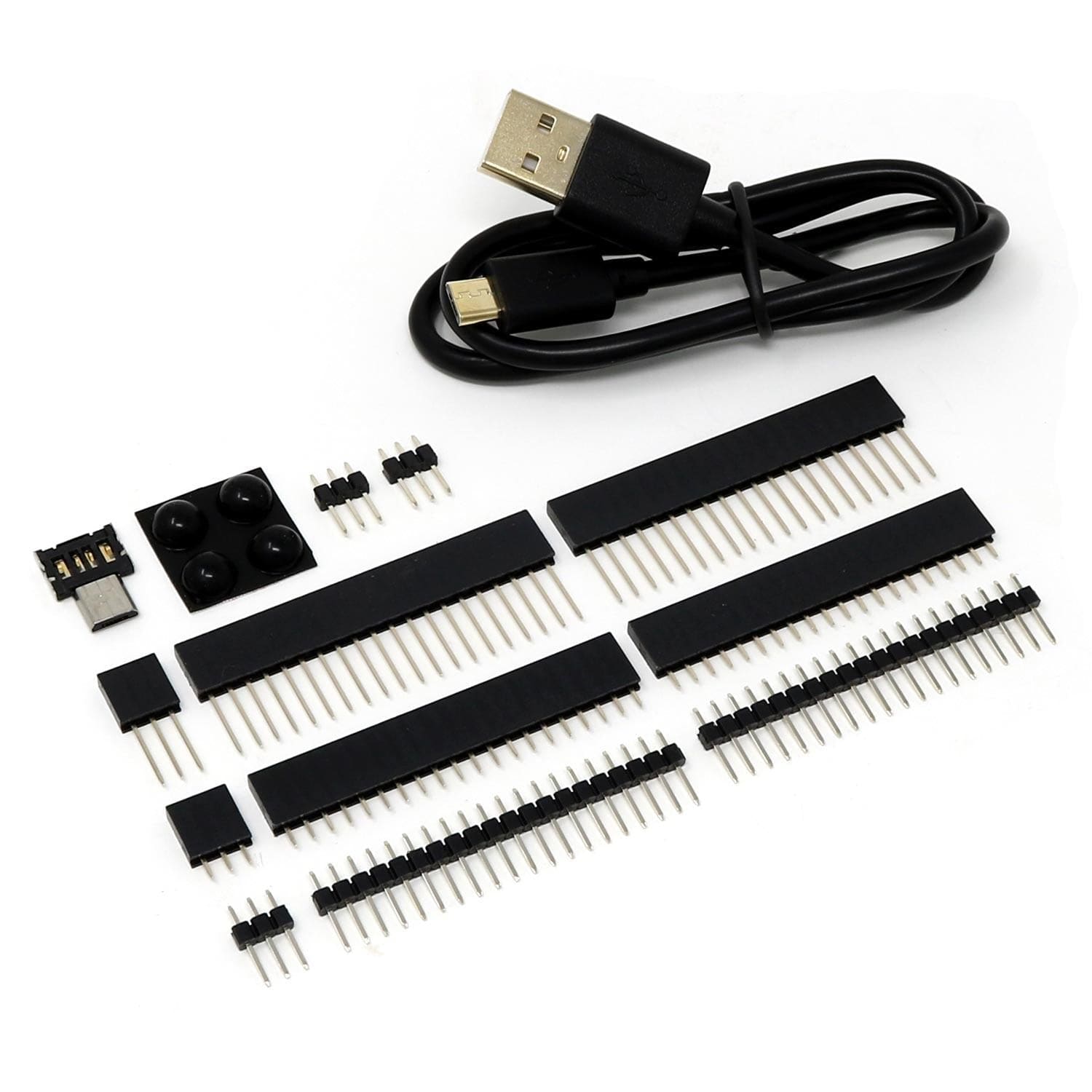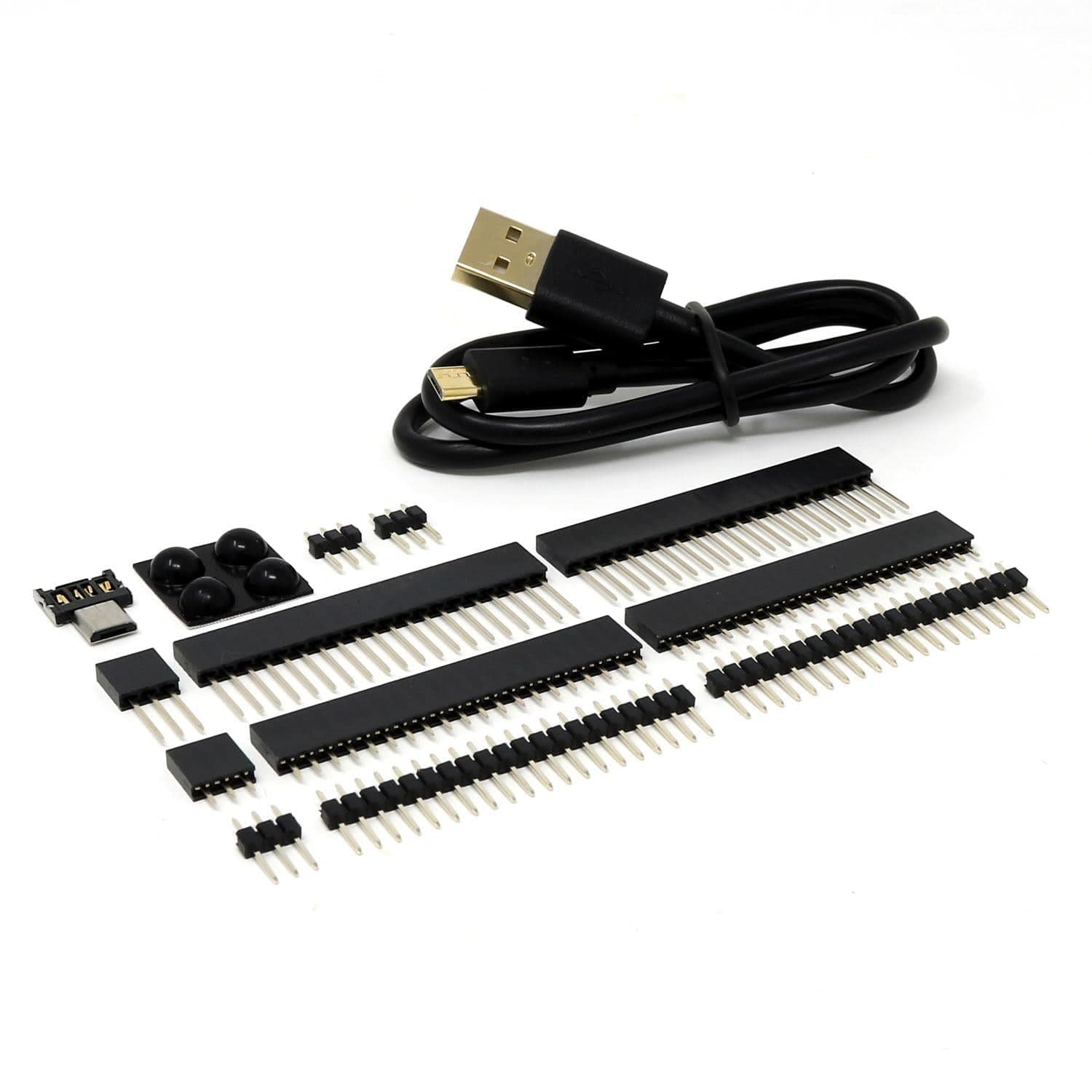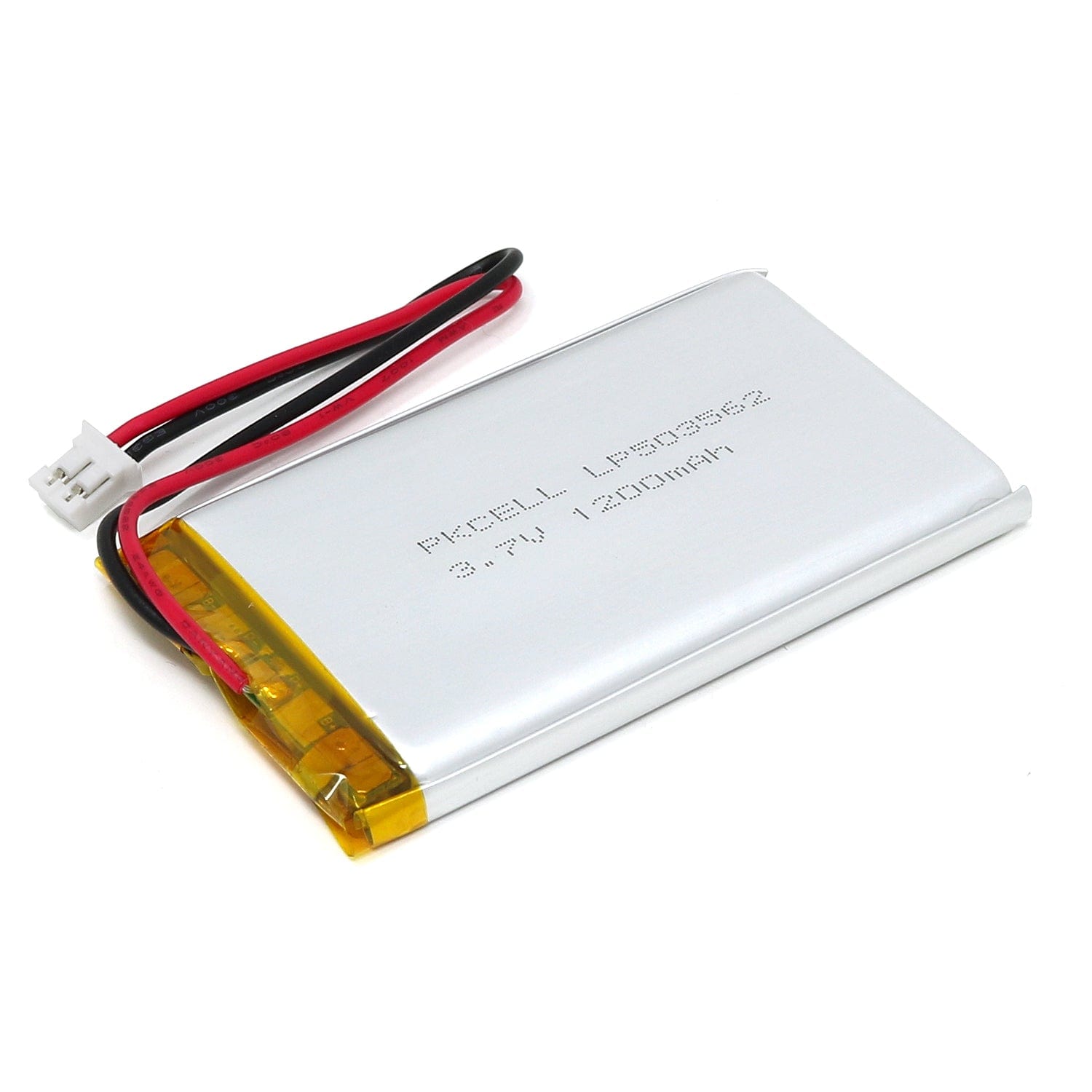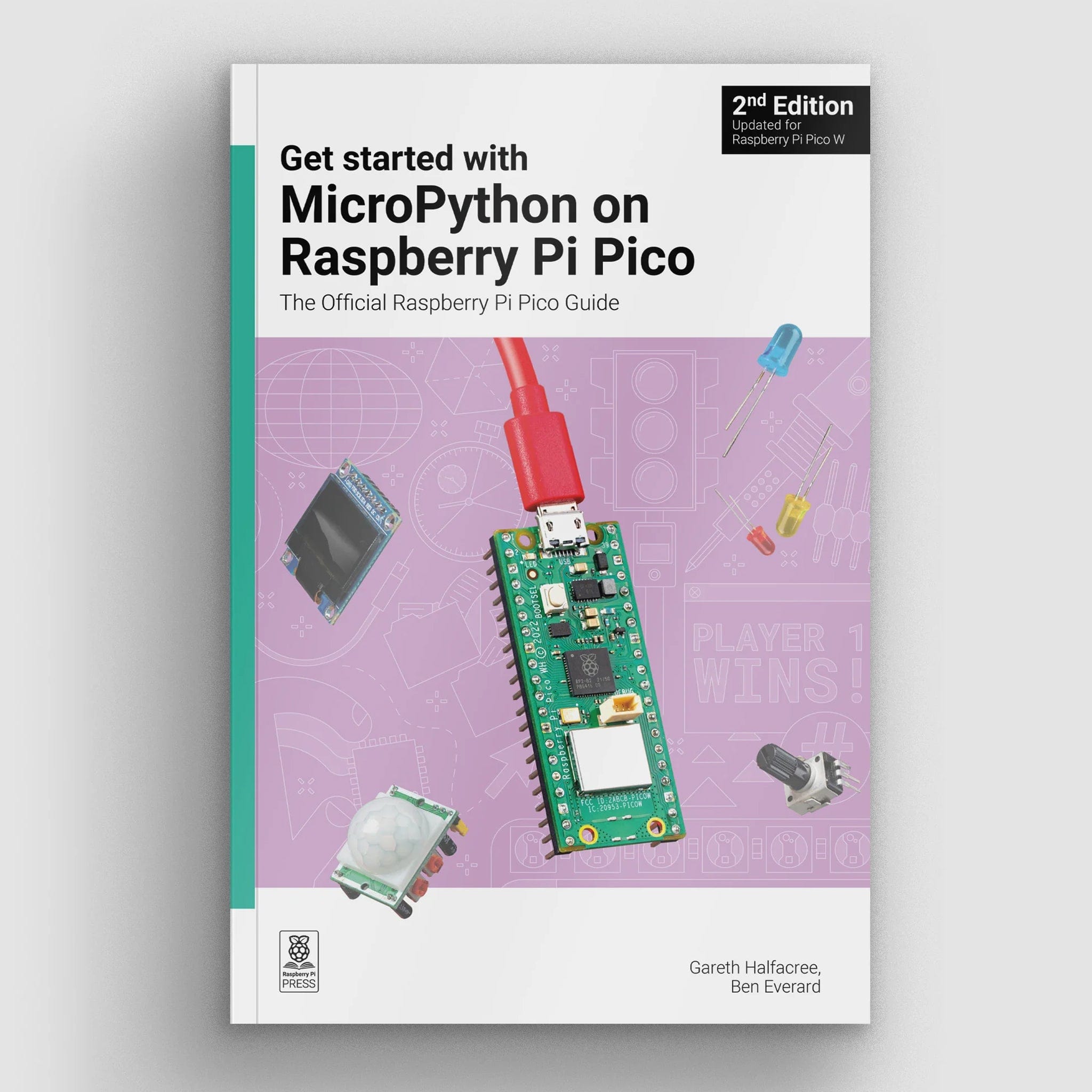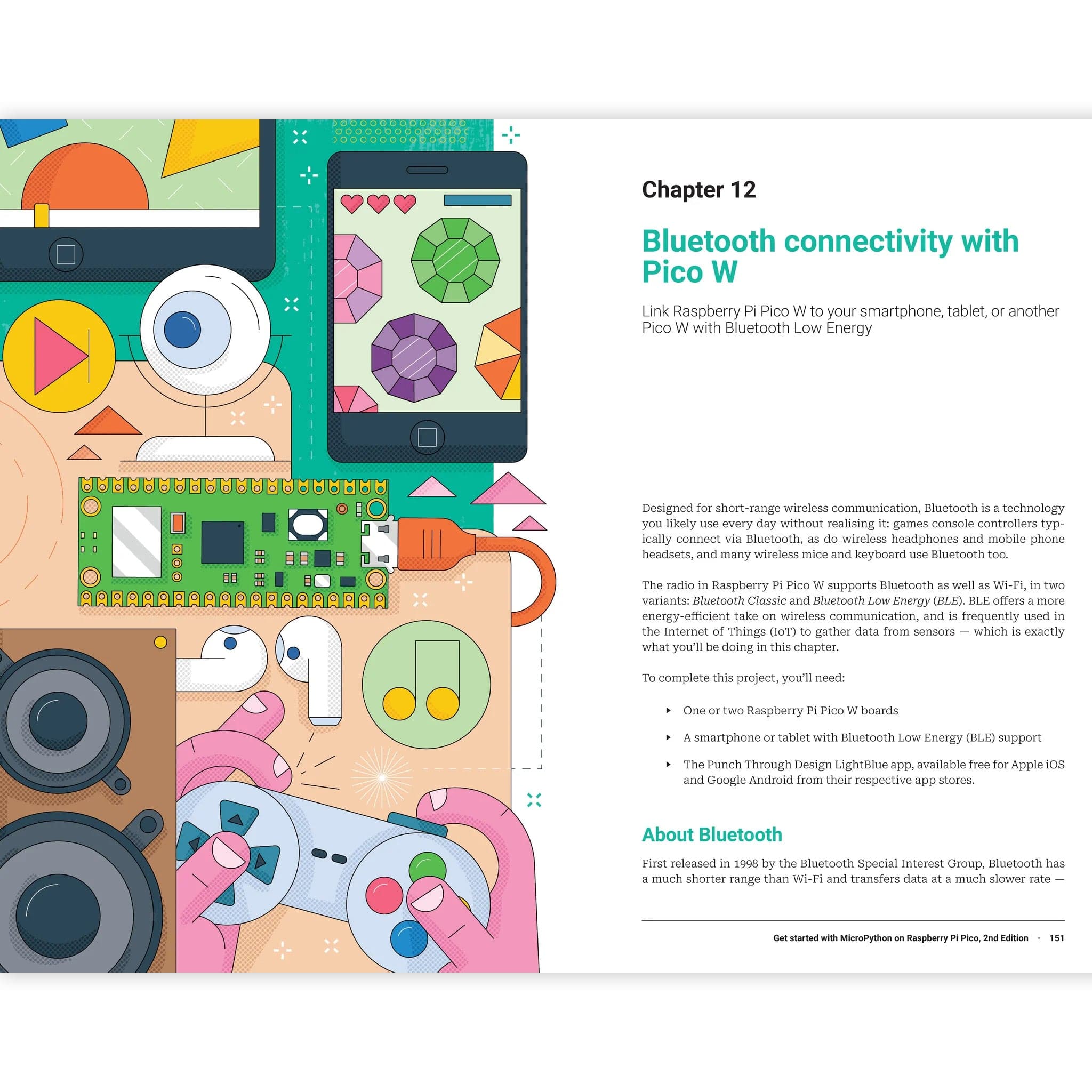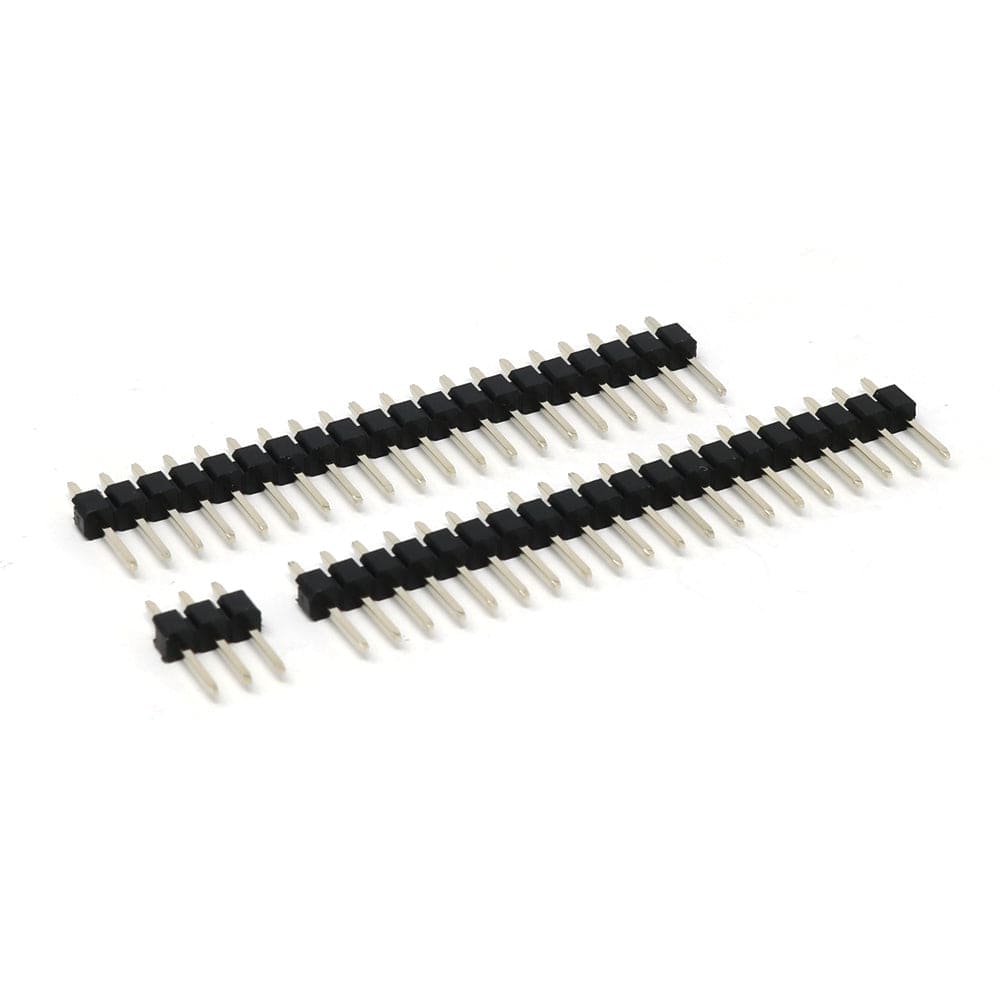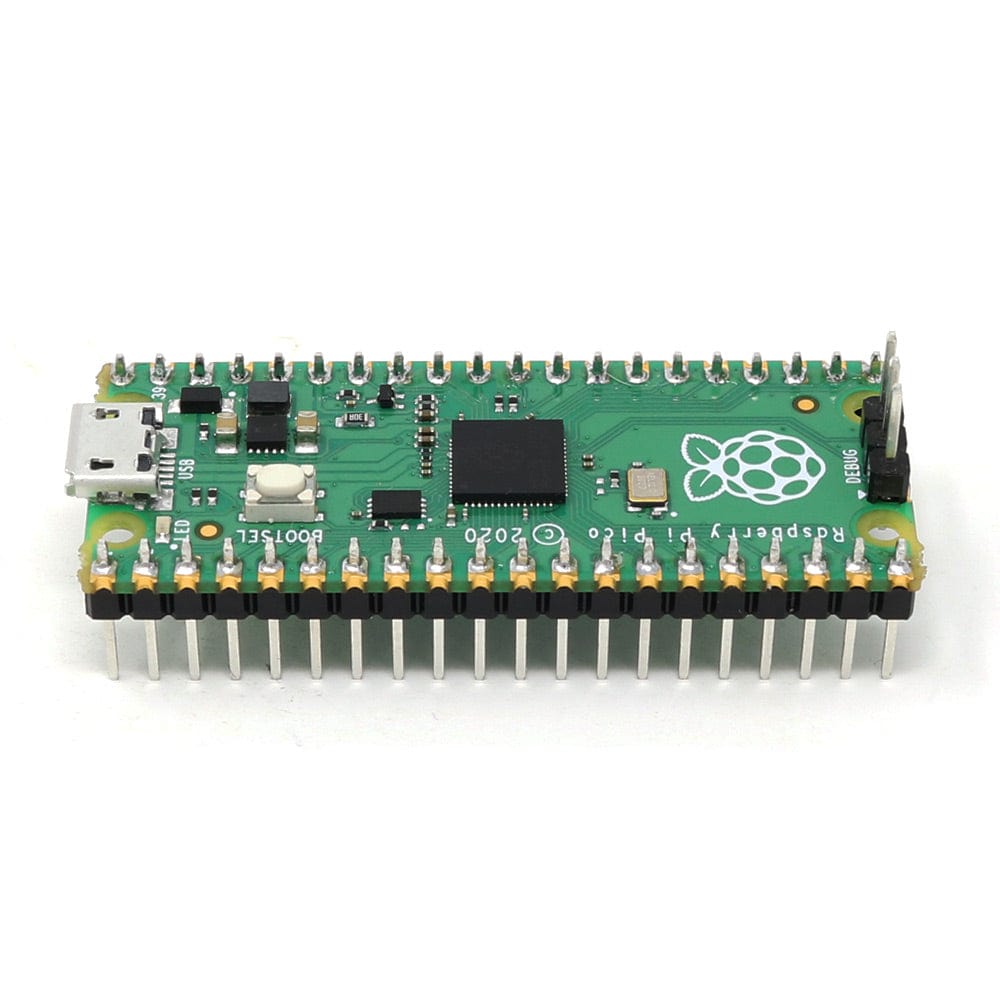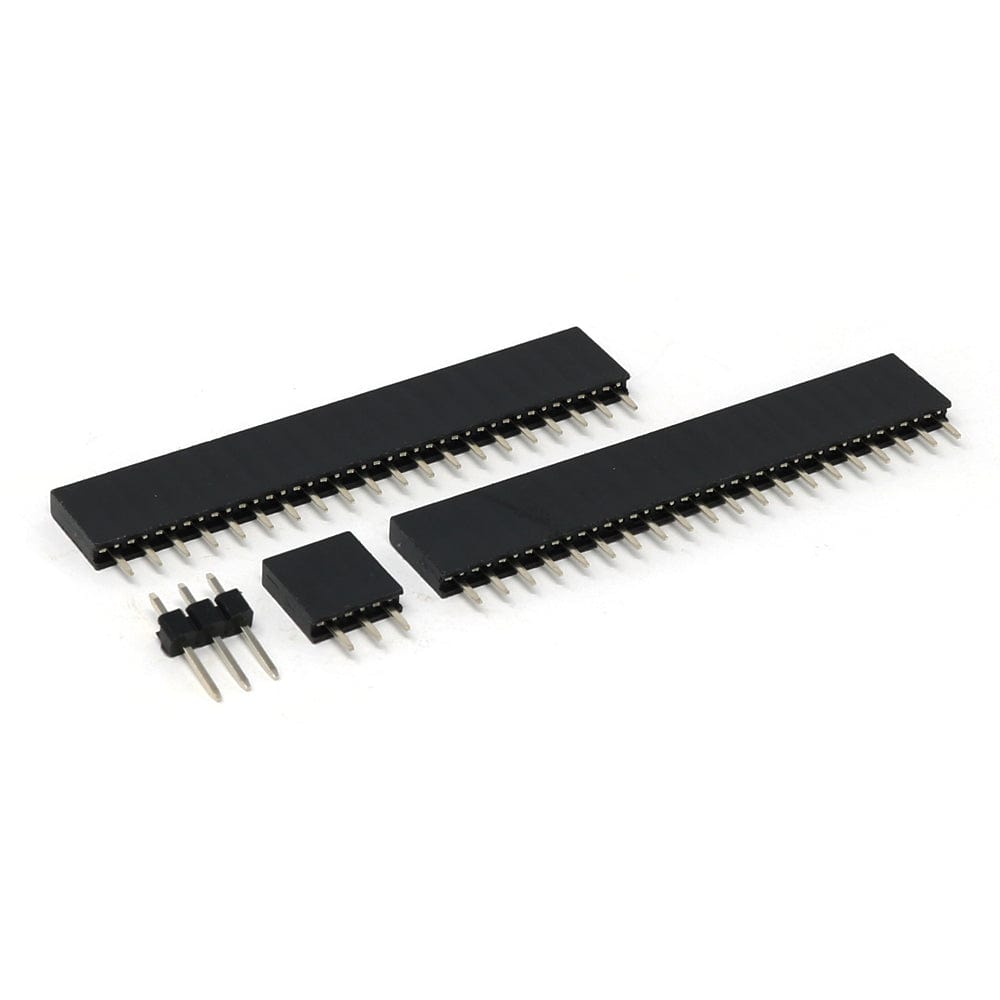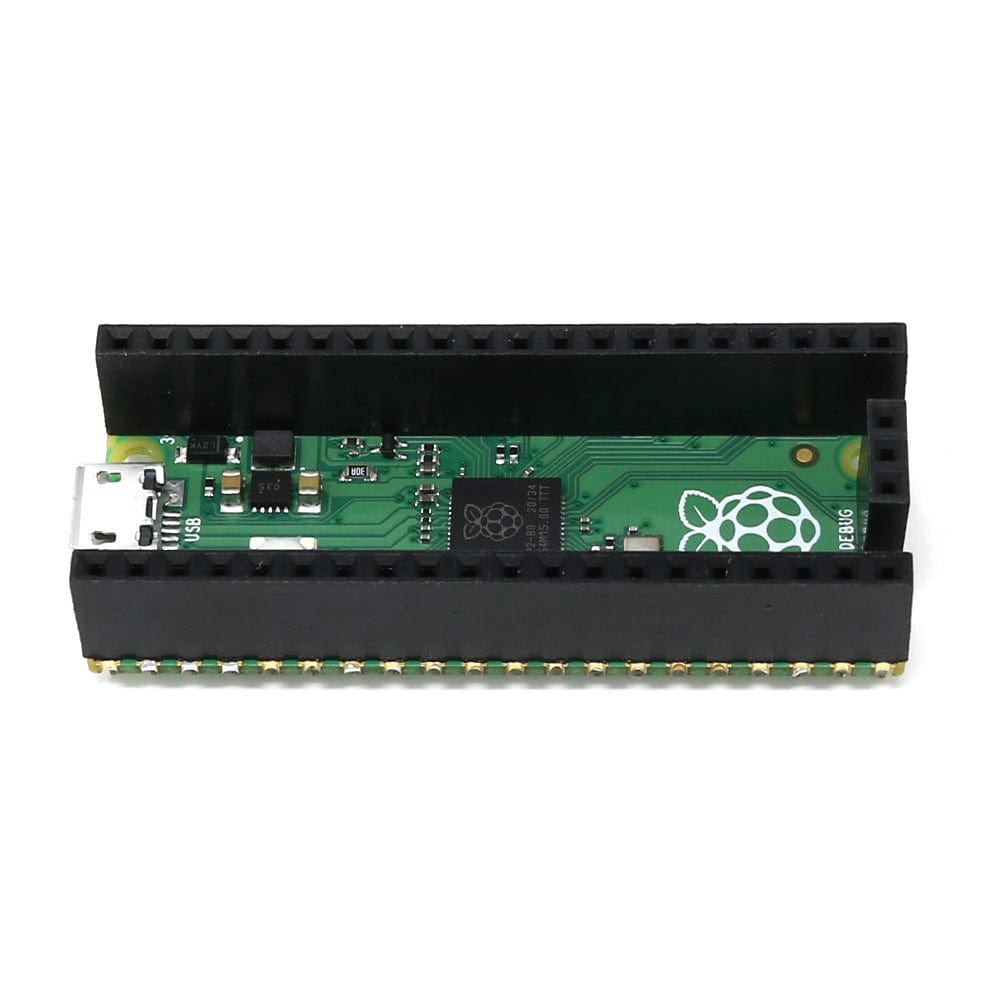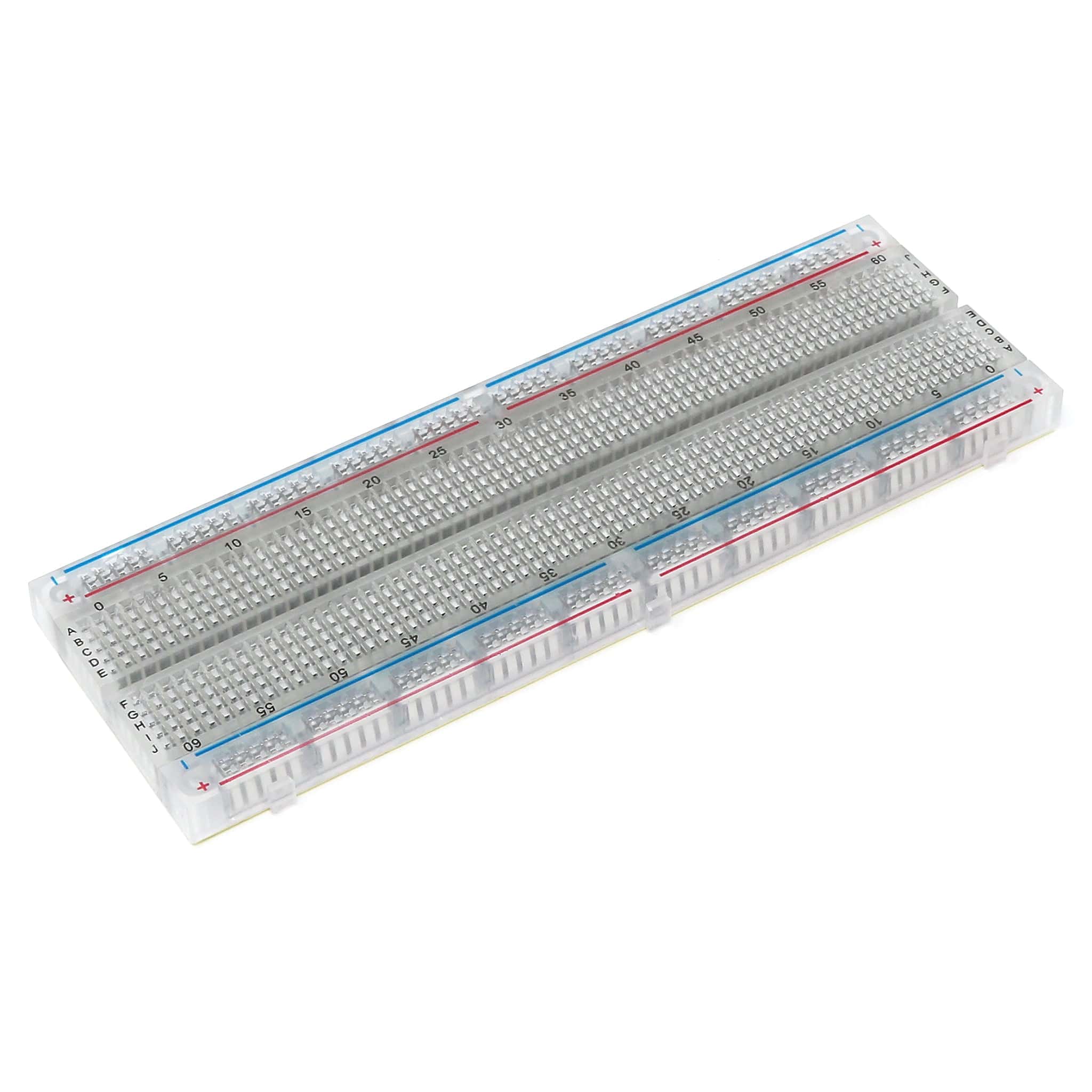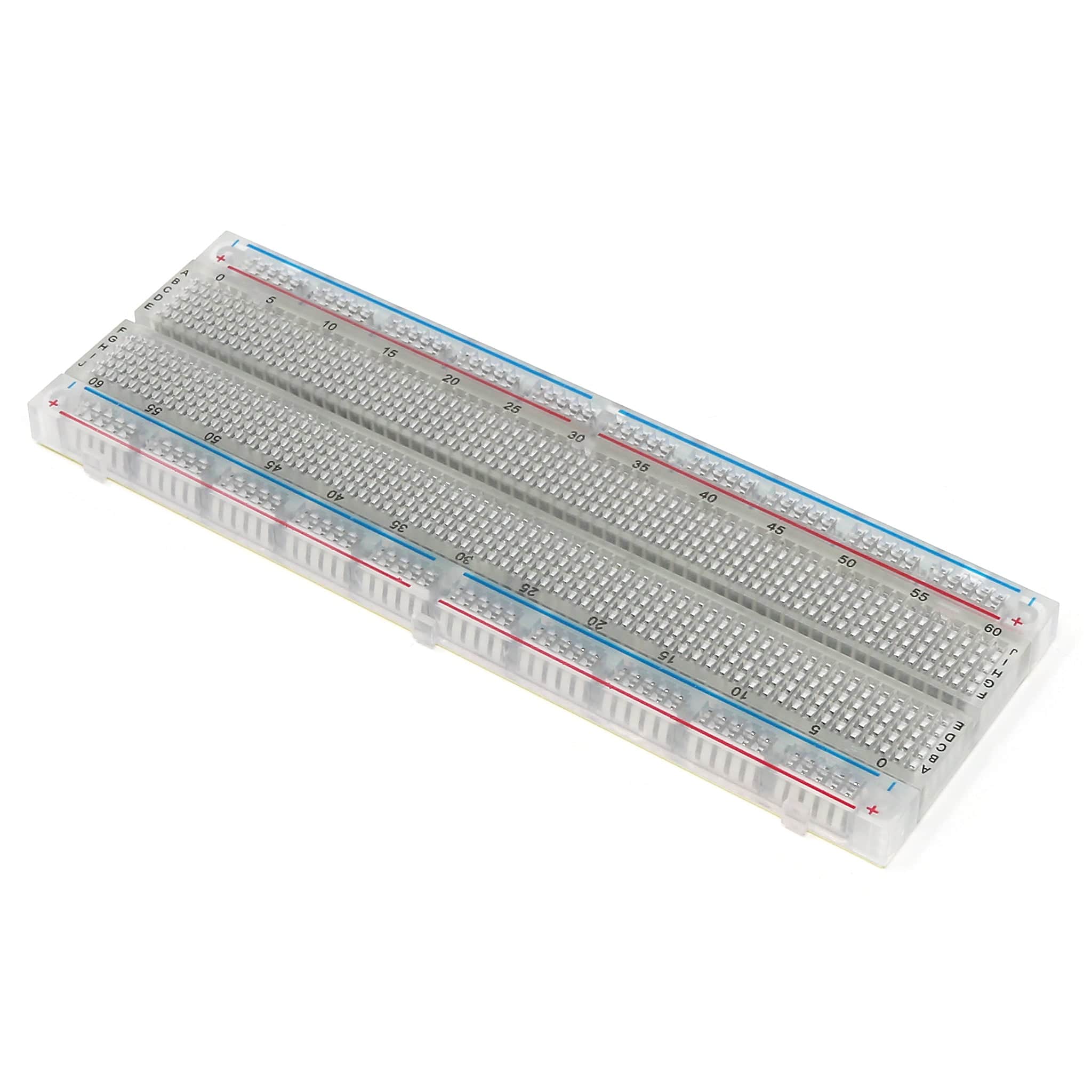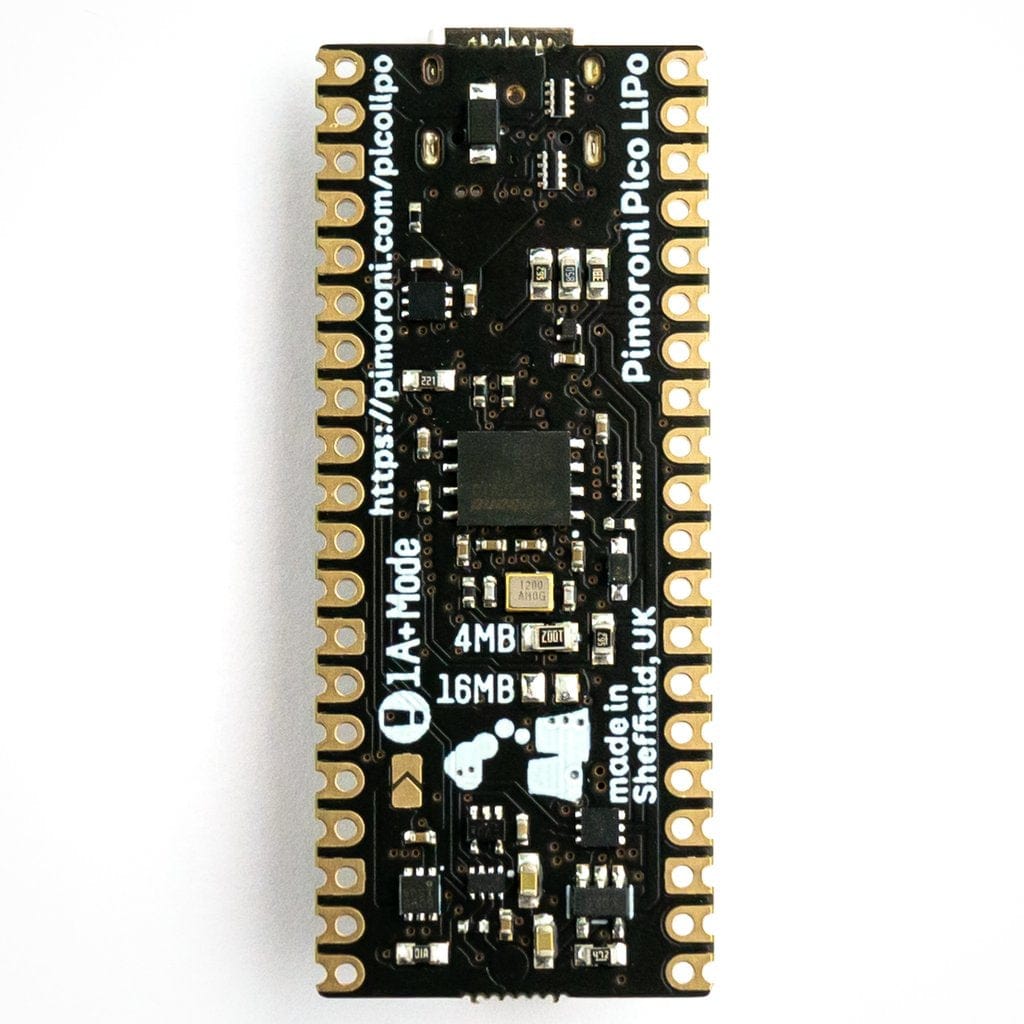
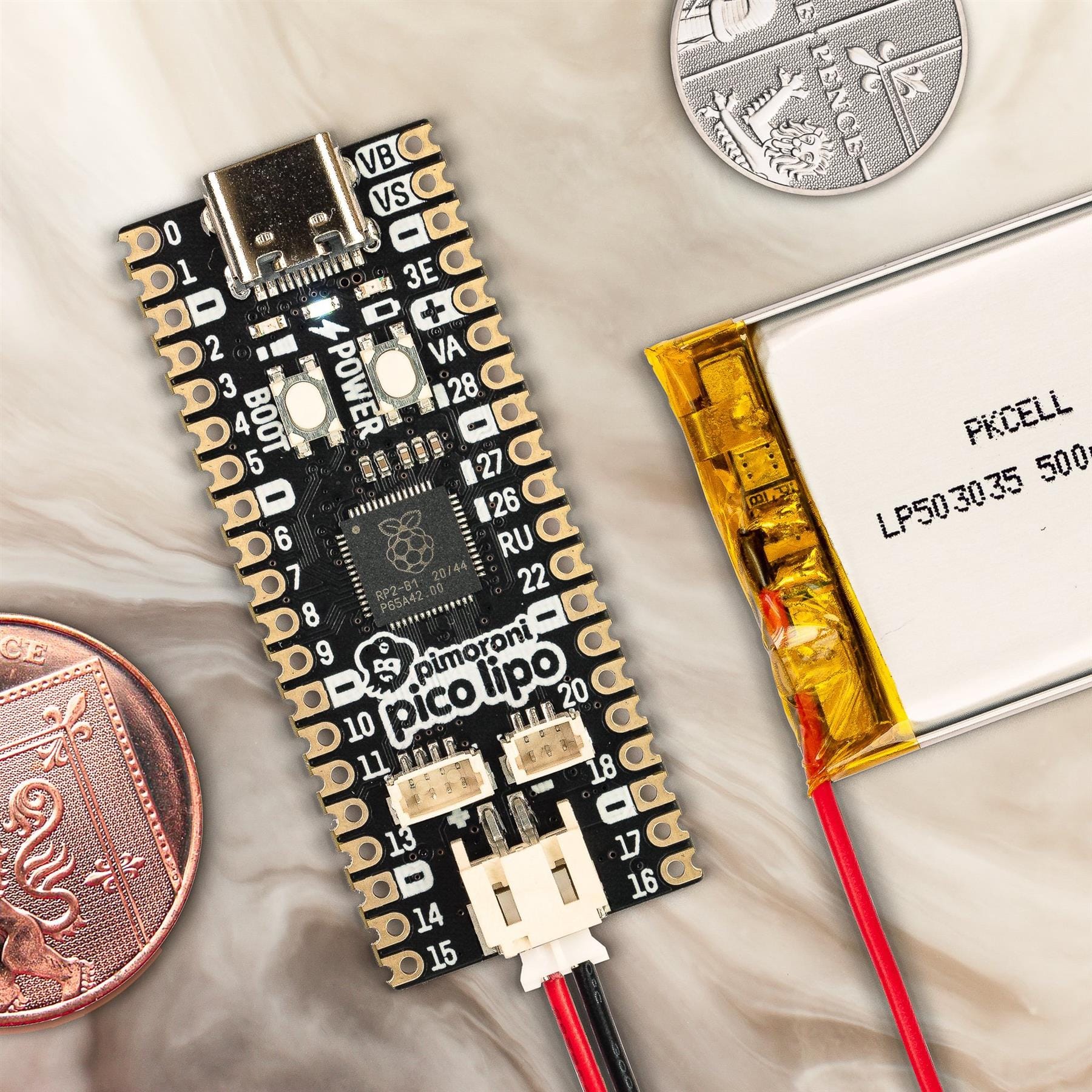
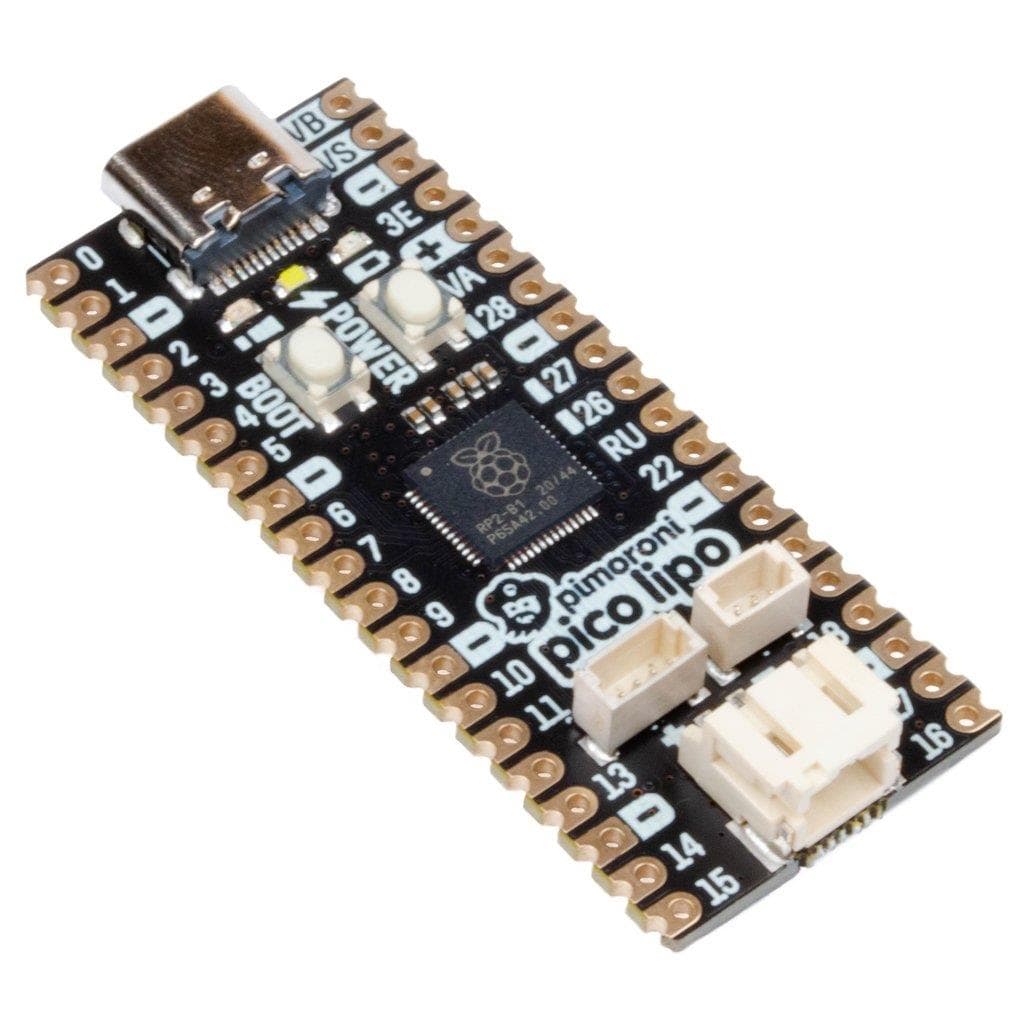
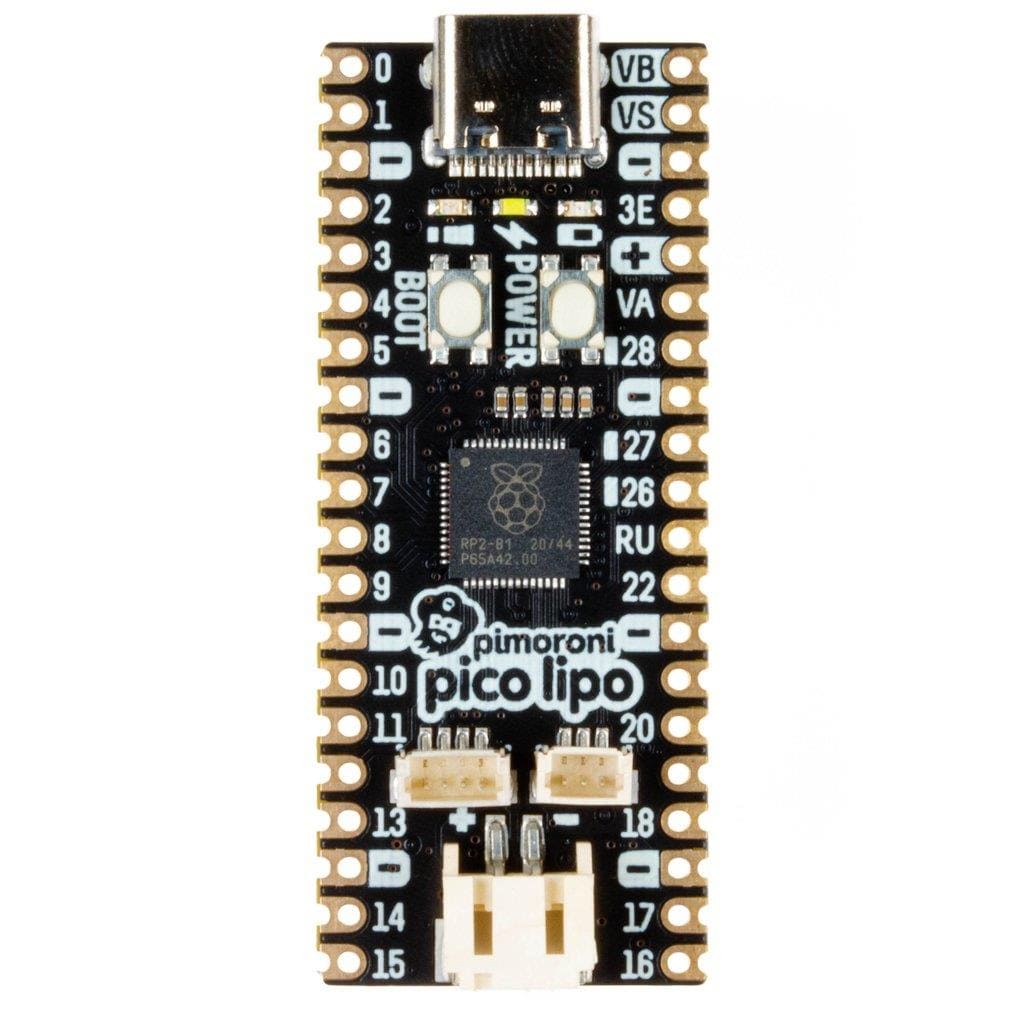
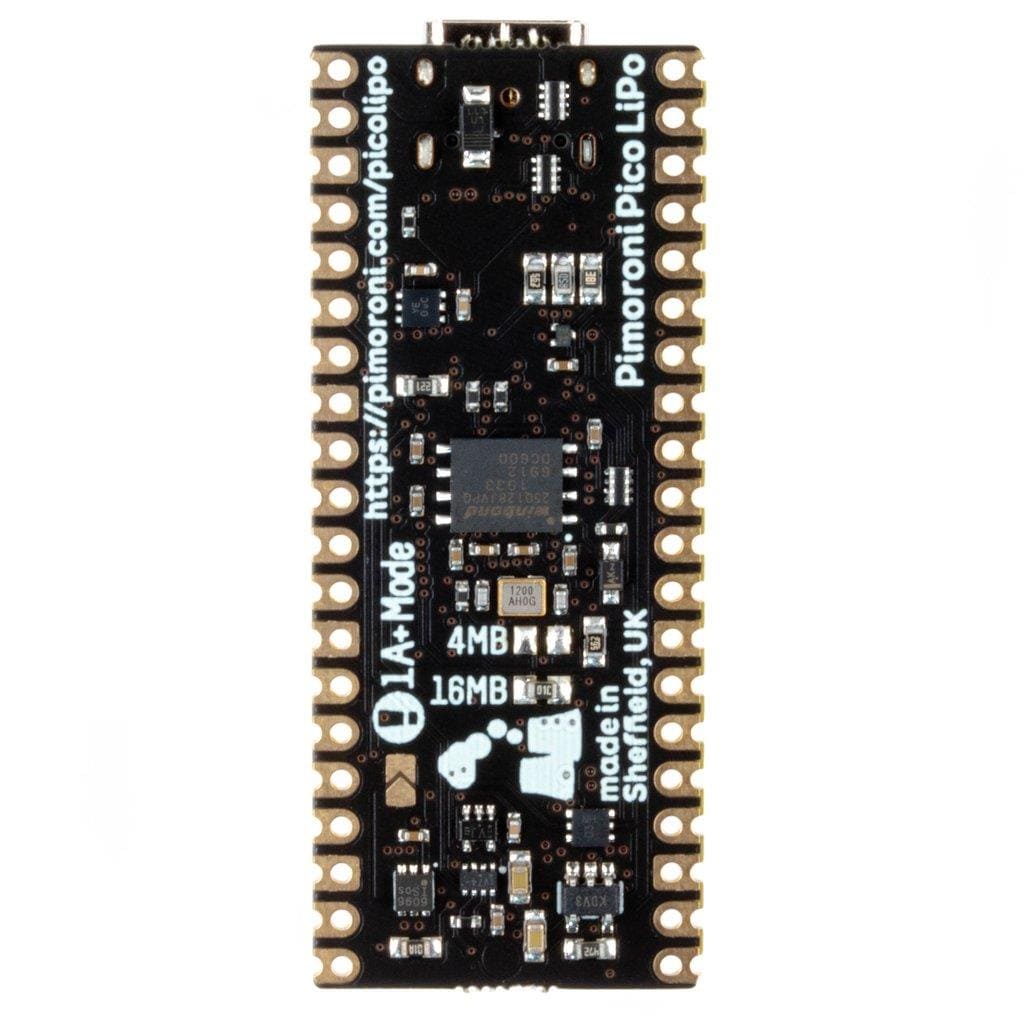
Login / Signup
Cart
Your cart is empty
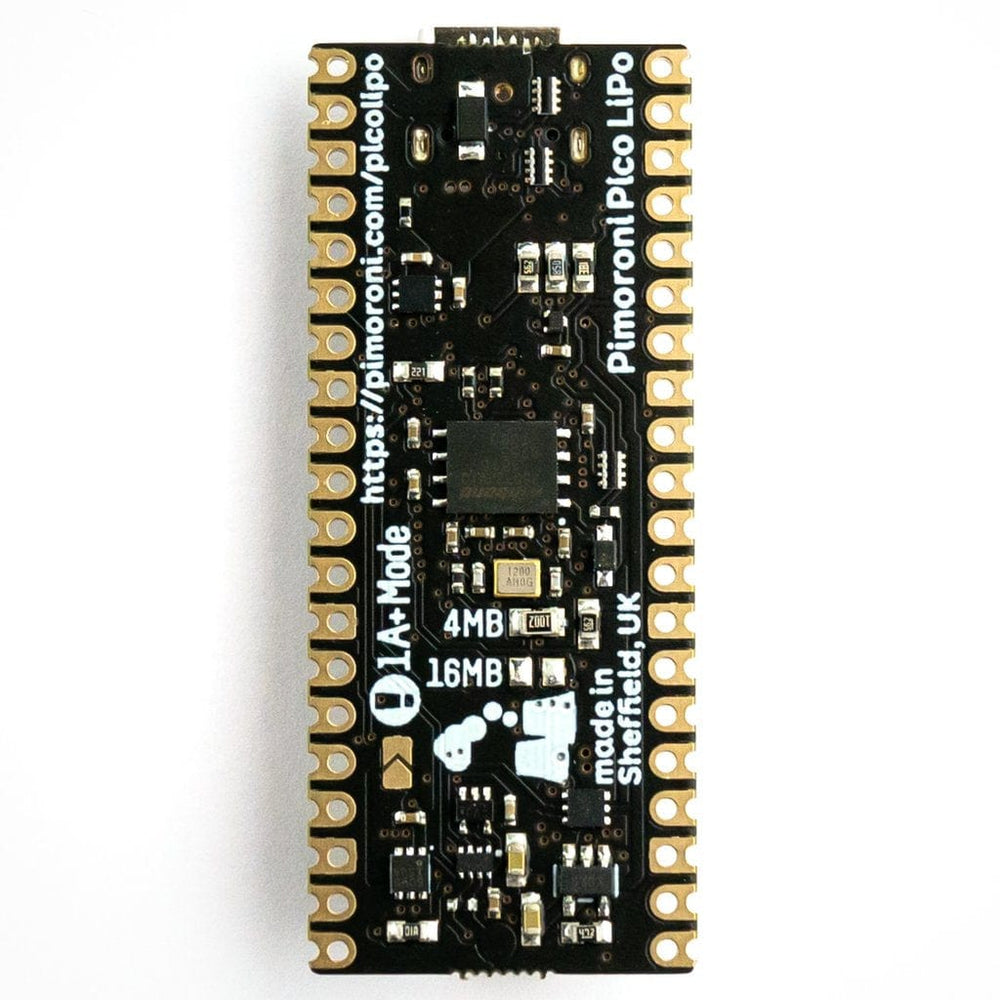
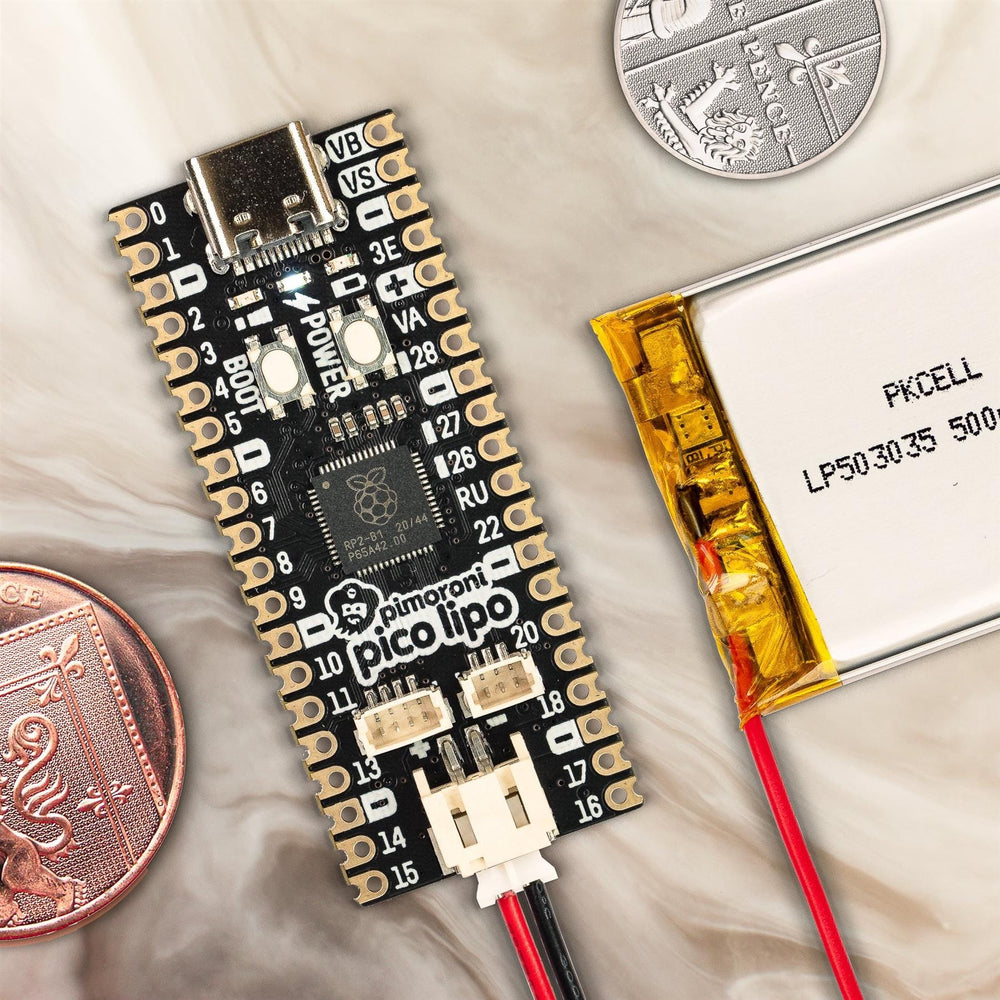
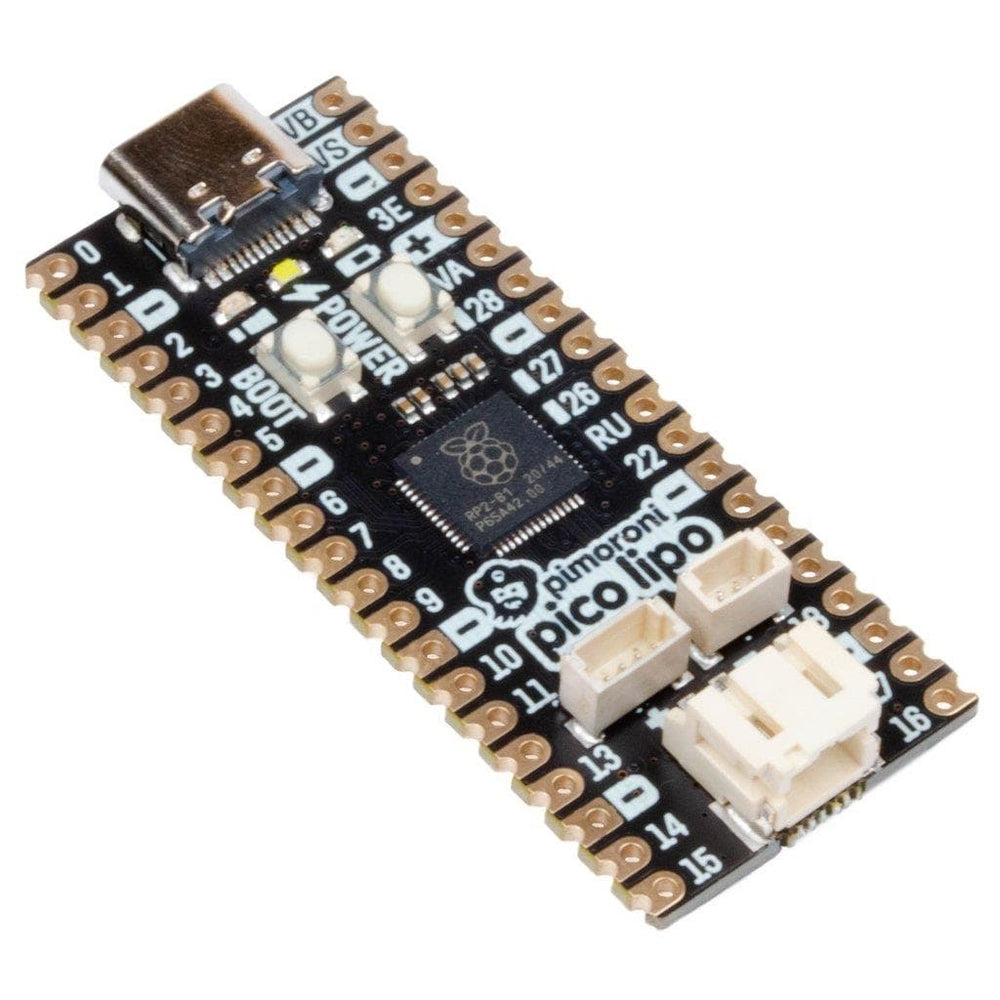
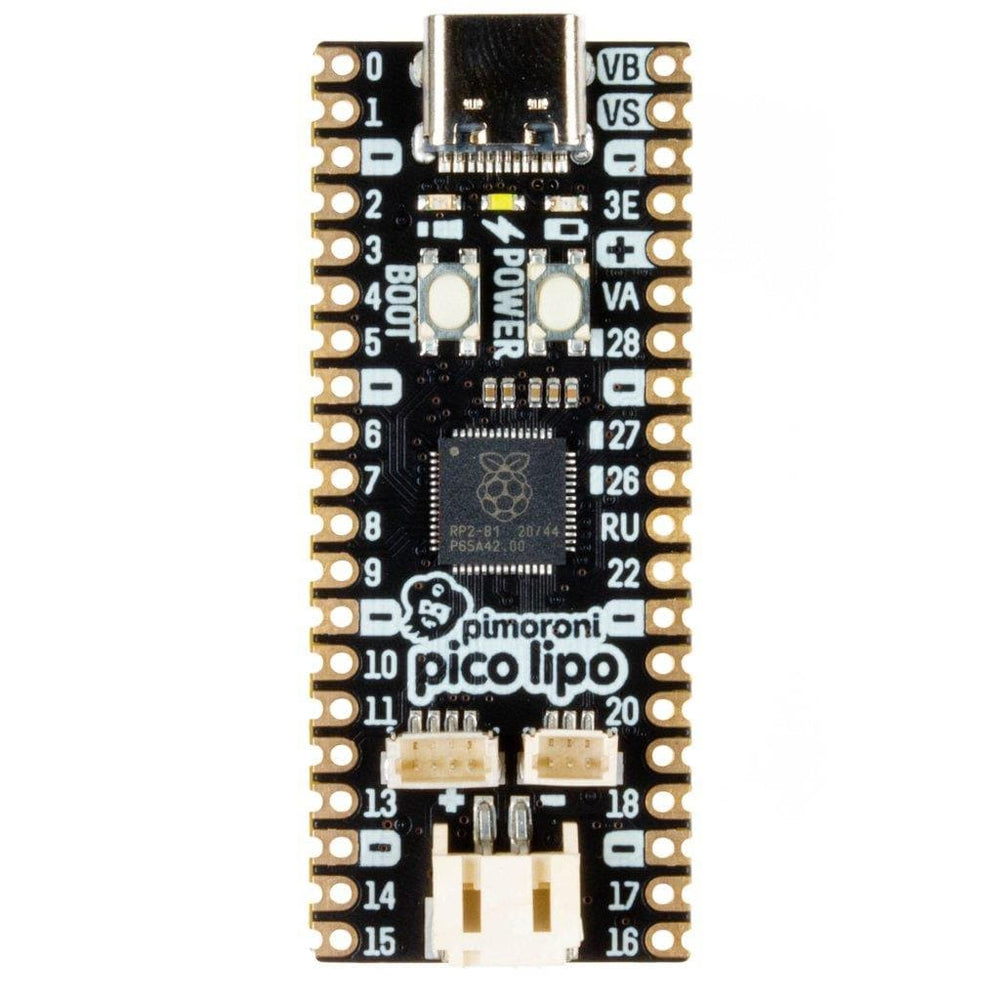
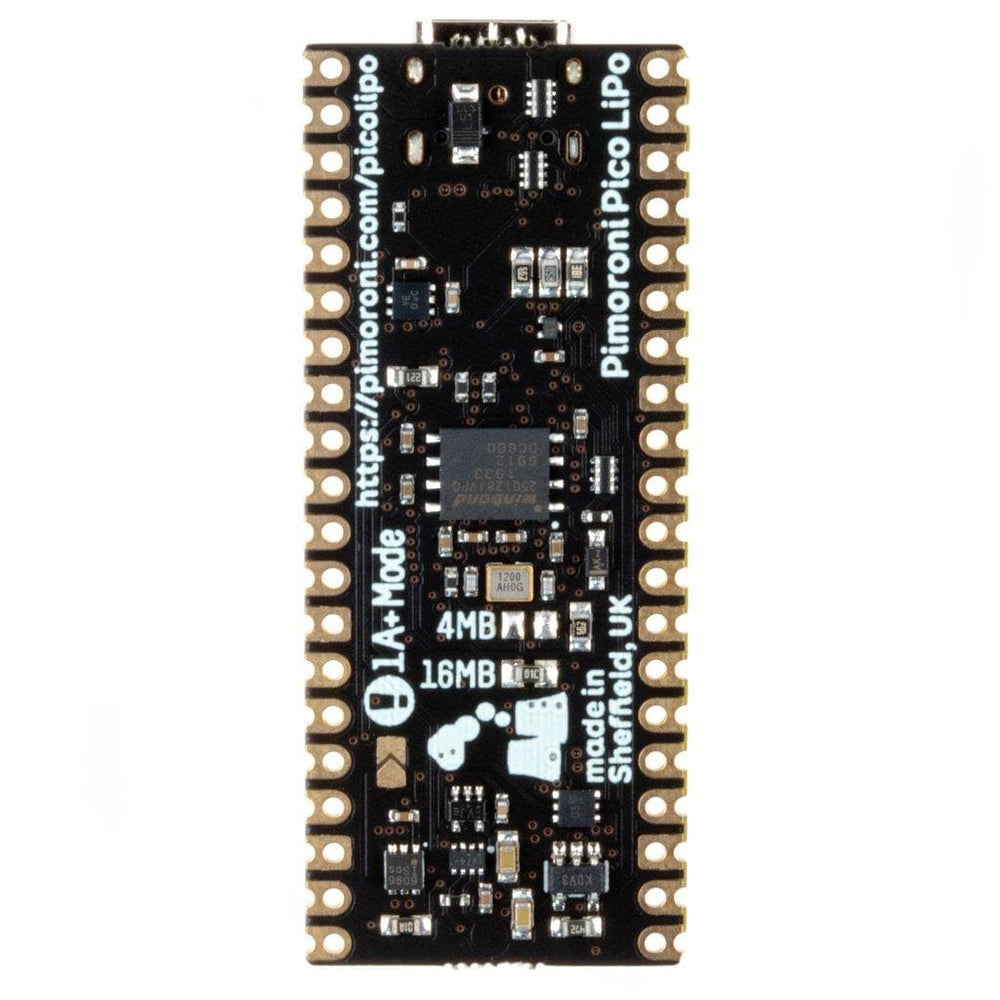
A top-of-the-line RP2040-powered microcontroller with lots of flash memory, USB-C, STEMMA QT/Qwiic and debug connectors and built-in LiPo charging!
We adore the versatility and value of Raspberry Pi Pico but since its release we've been hankering for a souped-up RP2040 board with all the extras baked in.
The Pimoroni Pico LiPo is powered and programmable via USB-C and comes with a choice of 4MB or 16MB of QSPI (XiP) flash on board (select version before adding to cart).
We've made it super easy to connect to things solderlessly too - there's a Qwiic/STEMMA QT connector so you can hook up a whole host of different sensors and breakouts, and a debug connector for if you want to do your programming using an SWD debugger. Because we love buttons, there's an on/off button and a BOOTSEL button, which can also be used as a user switch.
The Pico LiPo also has onboard LiPo/LiIon battery management - the inbuilt charging circuitry means charging your battery is as easy as plugging your Pico Lipo in via USB. There are two indicator LEDs connected to the battery circuit to keep you informed of on/off state and charging status.
Programmable with C++, MicroPython or CircuitPython, the Pico LiPo is the perfect powerhouse for your portable projects.
Safety note! You should only use the Pico LiPo with LiPo or LiIon batteries, and you should make sure that any project involving LiPos is sufficiently protected from being dented, bent, punctured or crushed!
Batteries, cables and headers are not included - see our Awesome Extras for suggestions!
The Pico LiPo is firmware agnostic! You can program it with C/C++ or MicroPython in the same way as you would a Raspberry Pi Pico. You can find (lots) more information on how to do that (as well as download links for the firmware/SDK) on the RP2040 landing page.
You can also use CircuitPython on your Pico LiPo! CircuitPython is an easy to use, well-established ecosystem with lots of example code and drivers for interfacing with different kinds of hardware. Click here to download the CircuitPython firmware for the Pico LiPo and click here for a getting started guide.






